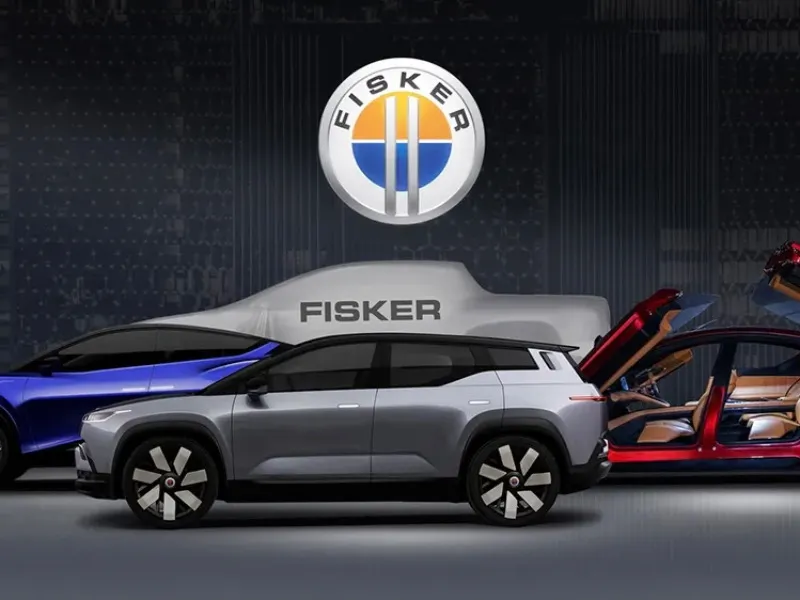- As Fisker navigates its bankruptcy proceedings, lender Heights Capital seeks top liquidation priority.
- The dispute over Heights Capital’s priority in Fisker’s bankruptcy highlights critical issues in bankruptcy proceedings and secured lending.
OUR TAKE
The clash between Fisker and Heights Capital is like two cars racing at breakneck speeds on a highway, each desperate to cross the finish line first. Heights Capital, the sole secured lender, is demanding top priority for the over $500 million in convertible loans it provided in 2023. It’s not just about the money, but a battle of pride and power. Remember when Tesla narrowly dodged financial ruin, with Elon Musk pulling strings to attract new investments? Fisker’s got a similar fight on its hands. Fisker’s current Chapter 11 strategy aims to sell off the remaining inventory to a leasing company in New York, but Heights wants to push for Chapter 7, claiming it’s quicker and cheaper. Yet, this could lead to an abrupt halt. The Department of Justice has even gotten involved.
–Miurio huang, BTW reporter
What happened
As Fisker navigates its bankruptcy proceedings, a pivotal and contentious question has emerged: Should Heights Capital Management, Fisker’s only secured lender, be first in line to claim the proceeds from the company’s liquidation? Heights Capital, which provided Fisker with around $500 million in convertible loans in 2023, argues that it deserves top priority.
The dispute centres on whether the company’s assets should be liquidated under Chapter 7 or whether Fisker should remain in Chapter 11 to pursue a possible settlement. Heights recently moved to convert the case to Chapter 7, claiming it offers a quicker and cheaper path to asset liquidation. In response, Fisker and Heights reached an agreement late Sunday to spend the next three weeks negotiating a settlement on how to liquidate its assets. If the parties succeed, Fisker could continue under Chapter 11; if not, the case may shift to Chapter 7, effectively dissolving Fisker and potentially closing off avenues to fully scrutinise Heights’ role.
Heights claims it is still owed over $180 million. Fisker’s financial turmoil intensified when it pledged all its assets to Heights after failing to file its third-quarter financial results on time—a breach of the loan agreement. This pledge placed Heights in a preferential position.
Fisker’s current strategy under Chapter 11 includes a partial sale of its remaining inventory to a leasing company in New York. Converting to Chapter 7 could disrupt these plans by shutting down operations and shifting oversight to a trustee, complicating efforts to sell remaining vehicles and address ongoing recalls. The Department of Justice has objected to the Chapter 7 conversion, citing potential risks to public safety due to unresolved recalls. Fisker itself has noted that it has addressed only a fraction of the recalls.
Amid this backdrop, a committee of unsecured creditors, including contract manufacturer Magna and Fisker’s largest lender, U.S. Bank, has been investigating Heights’ actions and the details of the asset pledge. The committee had planned to present findings at Monday’s hearing, including communications that might clarify Heights’ role, but these were sidelined as settlement talks progressed.
Also read: India is the first place in Zapp EV’s global expansion plans
Also read: ECB’s cyber resilience stress tests reveal room for improvement
Why it’s important
The dispute over Heights Capital’s priority in Fisker’s bankruptcy highlights critical issues in bankruptcy proceedings and secured lending. The decision between Chapter 11 and Chapter 7 will significantly impact the outcomes for all stakeholders involved, including creditors, employees, and customers. A Chapter 7 conversion could expedite liquidation but might also prevent a thorough examination of Heights’ position and actions during Fisker’s financial decline.
The potential conversion to Chapter 7 also raises concerns about public safety and the ability to address vehicle recalls, which could have broader implications for consumer protection. The ongoing negotiations and legal maneuvers underscore the complexities of bankruptcy cases involving secured creditors and highlight the strategic considerations at play in determining how a company’s assets are distributed.
The outcome of the negotiations and the final decision on the bankruptcy status will shape not only Fisker’s immediate future but also set precedents for how similar cases are handled in the future.

